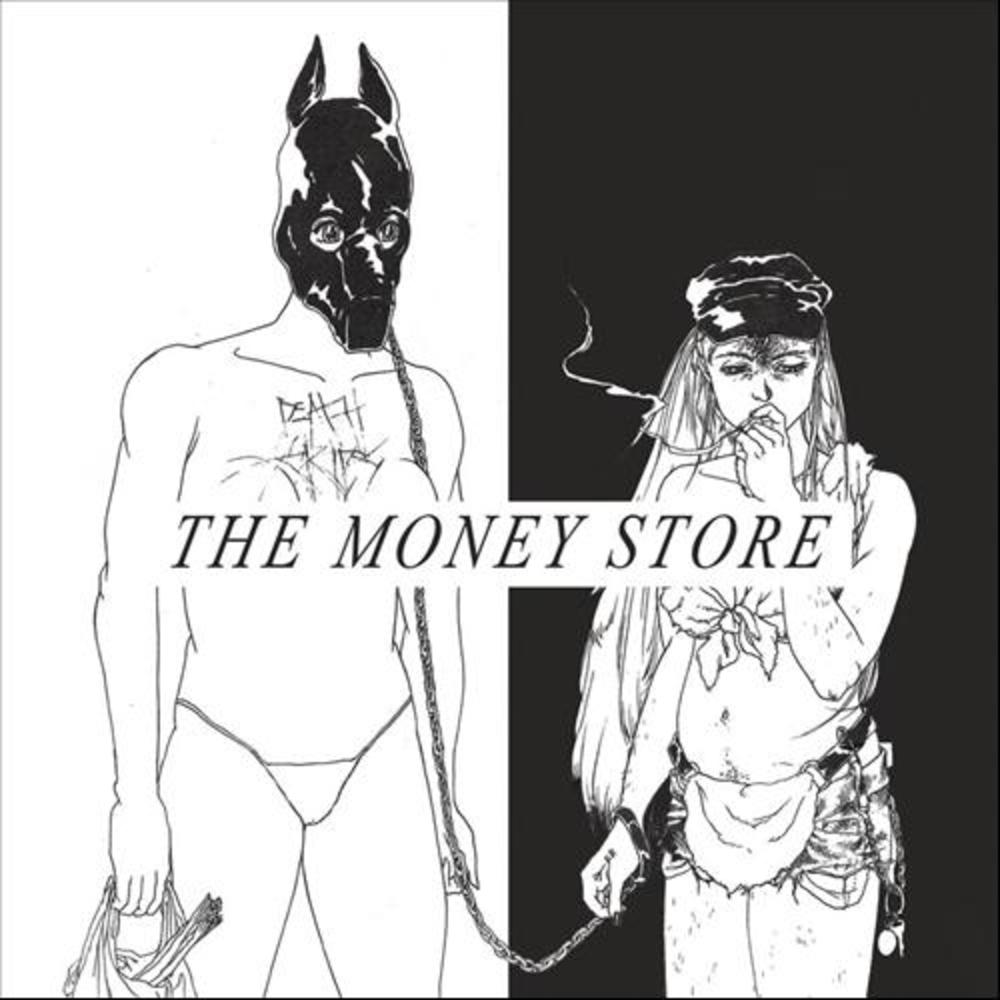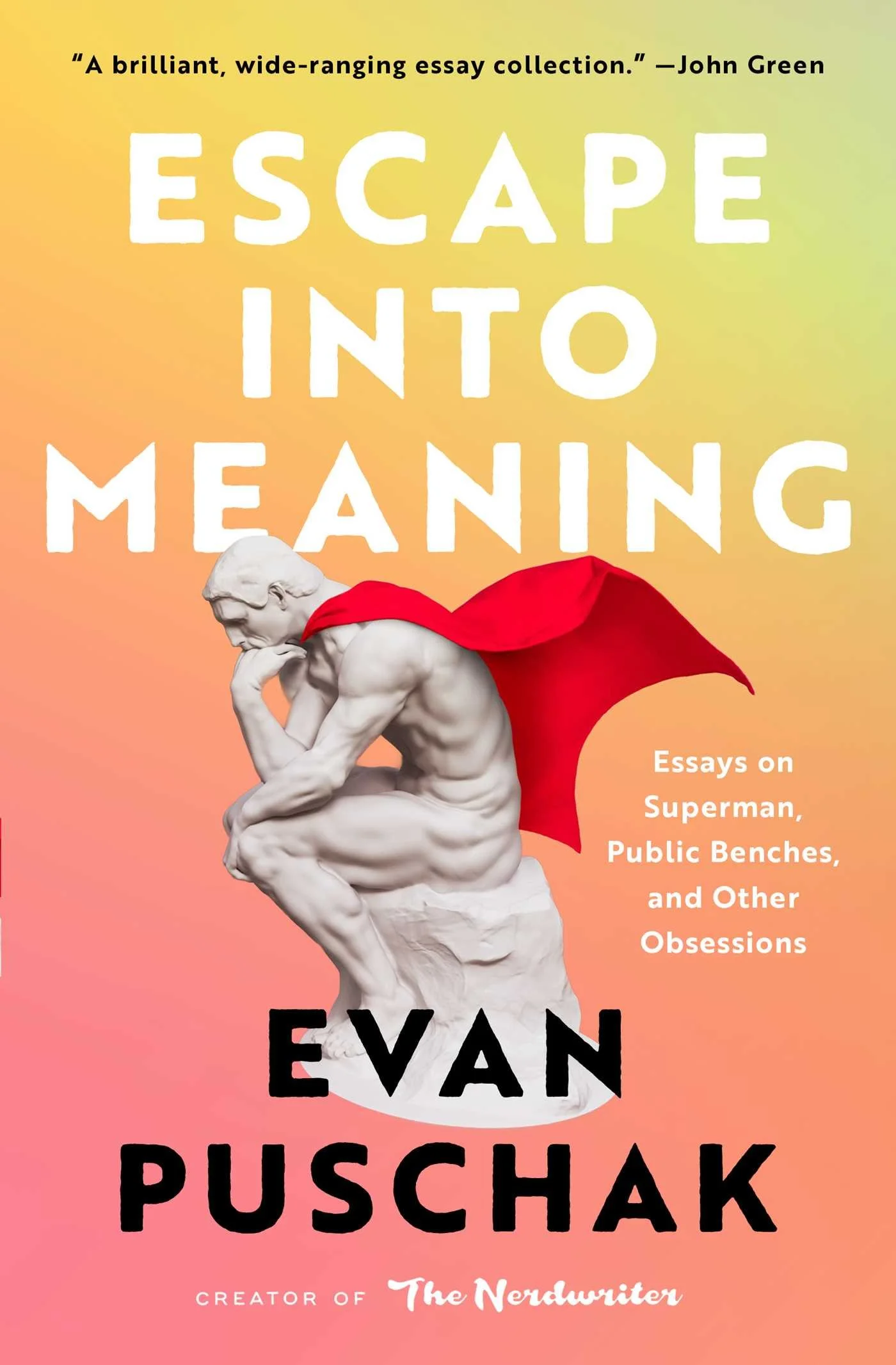Book Review : John Jeremiah Sullivan - Pulphead (2011)
The ancient art of the essay has lost considerable popularity in the age of the bullshit Salon think piece. There always is SOMETHING URGENT that NEEDS to be addressed before people can step back and try to grasp the human experience through the perspective of one of their own. Essays are awesome, though and good ones definitely aren't easy to find. I heard a lot of good things about John Jeremiah Sullivan (including praise from Patron Saint of this blog Chuck Klosterman), but fear of being disappointed by another essayist kept me from reading his collection Pulphead for several years. It was right in the pile, I mean. I was just terrified to get to it. Truth is, I was both elated and let down. John Jeremiah Sullivan lead me through a tornado of thoughts and emotions that came to a screeching halt halfway through, but you know what? It was intoxicating while it lasted.
I've devoured the first hundred pages of Pulphead like I had stumbled upon the long lost little brother of David Foster Wallace. This Sullivan guy really grasped what makes American people beautiful and appealing and it's no easy job in this day and age. The opening essay Upon This Rock examines the relationship between America and its founding myth of being the nation chosen by God through John Jeremiah Sullivan's trip to a Christian Rock festival. Not only this piece is interesting because it attacks the stereotype of the self-righteous America Jesus Freak, but what begins as an observational piece shifts into a confrontation between religious and intellectual America. Sullivan never "calls out" his new super duper Christian friends on their beliefs, but the purpose of his presence to the festival is eventually revealed, which changes the entire dynamic of the piece. It highlights the almost obscene power public intellectuals have of shaping both narrative and perception in the public opinion.
But what is Pulphead about exactly? Because essay collections SHOULD be about something, really. That's what makes them fun to read: connecting the dots and seeing the greater portrait emerge, the invisible thread that links every piece together. Now, Pulphead is a taste of two halves like I earlier said but the first half explores the relationship between American people and death, which often involves questions of immortality and transcendence. While my favorite piece Feet in Smoke, John Jeremiah Sullivan's essay on his brother month-like near death experience after being electrocuted on stage * , explores the question of death in the most upfront manner possible, other essays like Michael, The Final Comeback of Axl Rose and American Grotesque examine peripheral concerns such as legacy and secular worship. Everybody in America wants to live forever in one way or another, that is what I believe Pulphead is about. John Jeremiah Sullivan, being a good essayist, doesn't exclude himself from his thesis.
Remember your senior year in college, what that was like? Partying was the only thing you had to worry about, and when you went out, you could feel people thinking you were cool. The whole idea of being a young American seemed fun. Remember that? Me neither. But the Miz remembers. He figured out a way never to leave that place.
Bless him, bros. (Getting Down to What is Really Real, p. 108)
So yeah, about the second half. It's not that John Jeremiah Sullivan deconstructs his subject, contradicts himself or included lesser material in Pulphead. It's just that everything after American Grotesque is an odd fit with the tremendously cohesive and engaging material of the first half. An important part of a successful essay is to find universal connection point between your subject and your audience. Finding a way to make anything pertinent to your readership. I don't know where that essay about the 19th century botanist originated from, but the only link it has to anything else in the collection is that he is American. I must admit that I have skipped a couple page from this one to prevent brain aneurysm. There is a disappointing amount of material in Pulphead that seem stapled-in to boost the page count. The pieces aren't bad, per se but it commits a cardinal sin of essay collection: threatening cohesiveness.
Pulphead is, overall, a tremendous essay collection. If you're into 19th century botanists and Native Americans' cave paintings, it might just be the best one you've ever read. It really highlights the difference between essays and the ever popular "think piece" we read every other day on the internet. The latter really is opinion on what is perceived to be an actual problem while the former is trying to understand the dynamics of human interactions that causes problems, issues and shape the zeitgeist. There is a part of observation and a relationship of confidence with the reader that essays have and think pieces don't. It's about portraying the "right" way and no necessarily judging. While I was underwhelmed and frustrated with the second half of Pulphead, there is no doubt in my mind that John Jeremiah Sullivan is the total package: he's got wit, empathy and elite observational skills that make him a tremendous essayist. Keep an eye out for him on the web.
* Which is about the most American death there is, dying in the act of being a rock star






